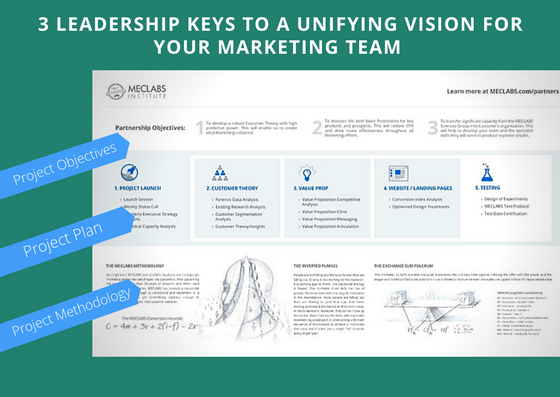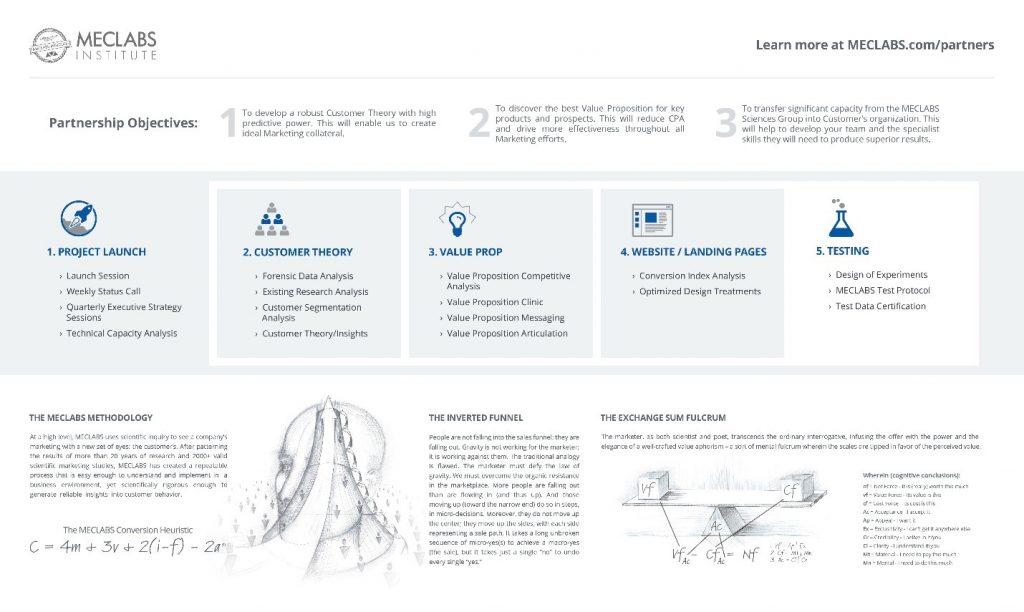Marketing Leadership: Aligning the entire team around the unifying vision is an integral part of project management
Back in high school, I was in a TV production class. And I LOVED it! It was a chance to flex my creative muscles, which I would later turn into a career. The exact same activities I got in trouble for in other classes, I got rewarded for in TV production.
But I had to make my way through calculus. And chemistry. And French class in order to get to TV production.
Is the professional world really so different from high school? There are the tasks and activities and goals we have a natural affinity and passion for. Where we shine. We’re in our flow. We’re the cheetah out on the grassland. The dolphin bow riding next to the boat. The dog whose leash just broke.
And then, there are the tasks we endure so that we can do those things that are in our natural flow. Tasks that make us feel like the tiger pacing in the cage.
A well-balanced marketing team has people who find their flow from a variety of different tasks. The artists and the scientists. The creatives and the data folks. And a good leader distributes and balances that work to benefit from the team’s skills and abilities, interests and passions.
But since many marketing projects require a multi-disciplinary team — complicated by the fact that many essential skills don’t reside in the organization but are in an ecosystem of agencies, consultants, design firms, dev shops, copywriting experts, etc., etc. — the successful marketing leader must be able to present a unifying vision.
The Unifying Vision of a Marketing Project
As Stephen Covey said, “Begin with the end in mind.” I’d like to add to that with … “And tell people how you’re getting to the end.”
Here’s a nice example of a unifying vision I came across in a meeting with a prospective MECLABS Institute Research Partner (any identifying information about the prospective Research Partner has been removed to preserve anonymity).
Click on image to enlarge
There are three elements of this unifying vision that should keep a team informed, aligned and motivated.
The Project Objectives
“We choose to go to the Moon! We choose to go to the Moon in this decade and do the other things, not because they are easy, but because they are hard; because that goal will serve to organize and measure the best of our energies and skills …” — John F. Kennedy
Hey, JFK is a high bar. But he had a tough task. And he had to unite not only his team around it but the entire country. In 1962, the American space program’s biggest accomplishment was sending John Glenn around the Earth three times. A mission to the Moon would take so much more.
I use this example because projects can be a long, hard slog. Website redesign. New product launch. New software platform installation, integration or database migration. Rebranding.
You need the entire team aligned around the objective from the start and throughout the project. Vision leaks. Scope creeps. Morale flags. Keep the team focused on what you’re trying to accomplish.
Notice that there are two parts to each of the three objectives in the above diagram from MECLABS Institute (parent research organization of MarketingExperiments).
The first part explains what the team and the partnership will accomplish, for example.
“To develop a robust Customer Theory with high predictive power.”
The second part answers why the team wants to accomplish that. It explains the resulting experience of achieving the objective. For example:
“This will enable us to create ideal marketing collateral.”
The Project Plan
Oh, I know. You’ve got Gantt charts and Excels and Microsoft Projects set up.
But remember that diverse team of talent you have? Different people learn in different ways. And people can get lost in complexity.
It’s always helpful to communicate the project plan in a simplified, high-level, visually appealing manner. A few key steps in the project plan to call out:
- Project Launch – Get the team aligned from the beginning and introduce the key players in the launch session. This is especially important if there are players from multiple companies or even multiple departments. Get a clear understanding of when and how the doers (weekly status call) and the leaders (quarterly executive strategy sessions) will monitor progress, overcome obstacles, collaborate and the like.
- Value Proposition – Value chains can be complex. Multiple individuals within a company, multiple departments, and disparate agencies and other partners (from the ad agency to the contracted manufacturer) can significantly impact the ultimate value customers receive. Customers couldn’t care less about these internal silos. They expect a consistent experience that lives up to the brand promise made by your marketing organization. A clear, forceful value proposition will help all these groups successfully serve the customer.
- Testing – What is your project’s feedback loop? How do you know you’re being successful? When should you stay the course, and when should you iterate to improve the outcome? Testing can help inform these decisions with data.
The Project Methodology
If a jam band is not playing in the same key, the output can sound like a cacophony. But when everyone is on the same page, you get magic.
The same goes for your projects. Is there any specific methodology you will be following? A commodity approach begets commodity results. An inconsistent approach yields inconsistent results.
Get your team aligned with any guiding principles that should shape the project, especially when difficult decisions are to be made. For example, if you take a customer-first marketing approach, difficult decisions might be solved by the principle that the customer should be the primary beneficiary of the project’s outcome. While of course, the company will benefit as well, it should come along with the customer, not at the expense of the customer.
Related Resources
Participate in a research project with MECLABS Institute and drive conversion increases
Customer Theory: How To Leverage Empathy In Your Marketing (With Free Tool)
Value Proposition: 3 Worksheets To Help You Craft, Express And Create Derivative Value Props





